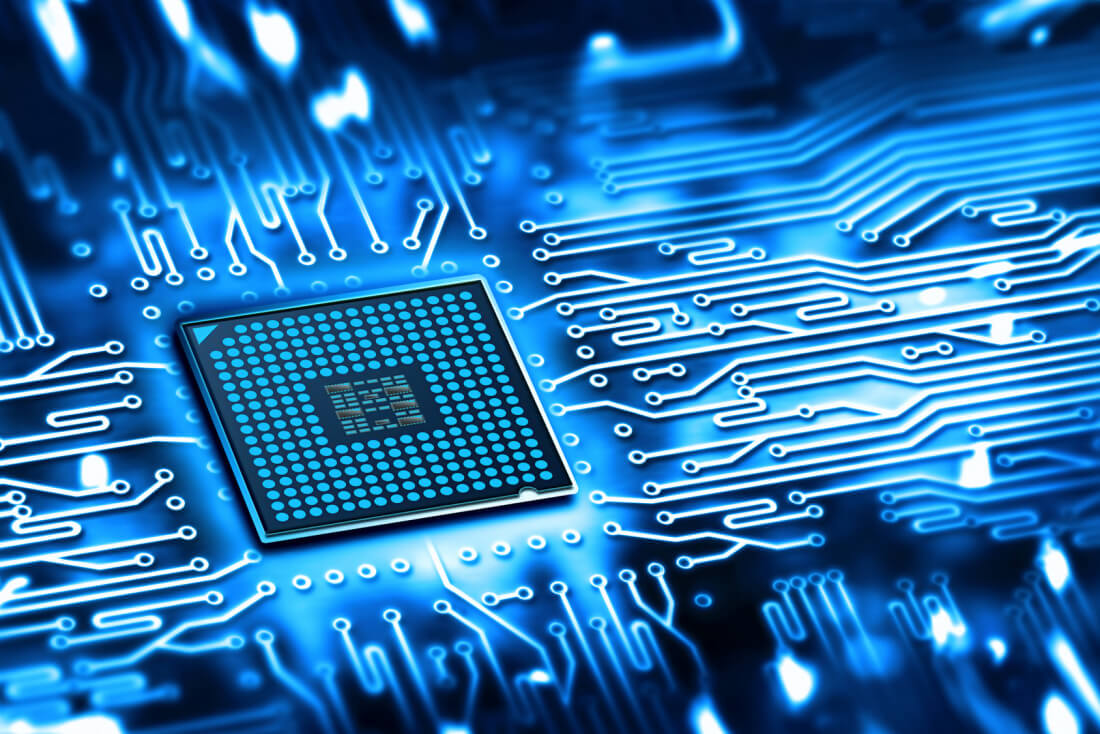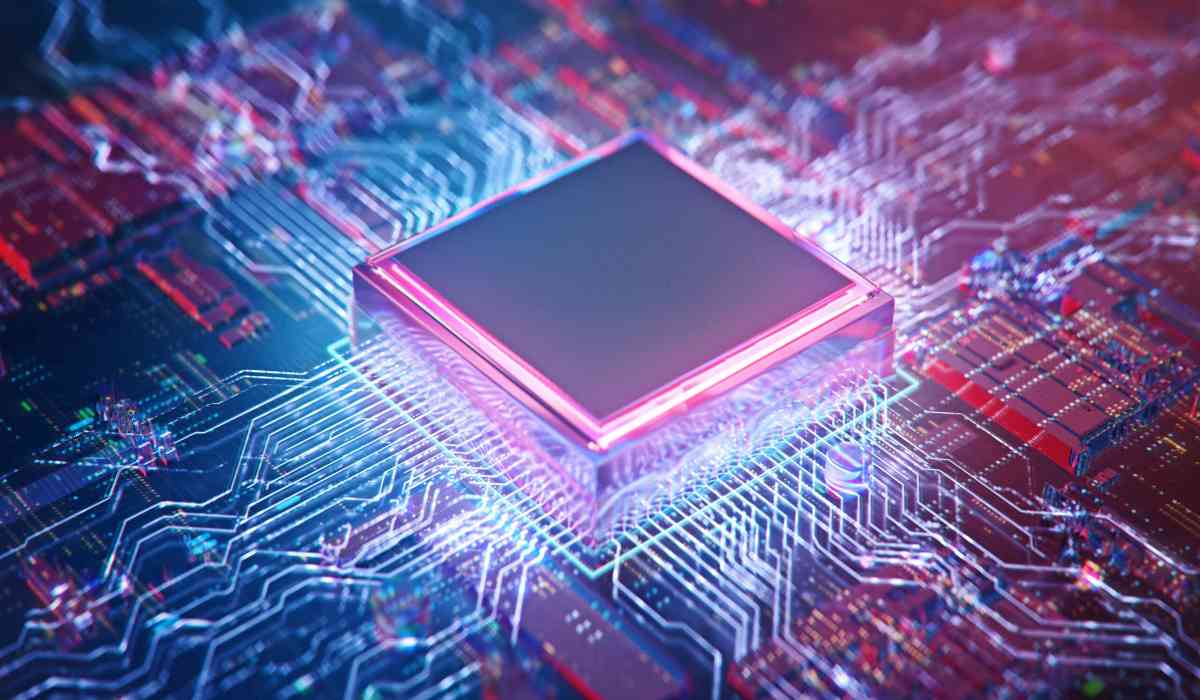Almost every industry, including aerospace, transportation, communications, clean energy, information technology, and medical equipment, depends on semiconductors.
Demand for these essential components has outpaced supply, resulting in a global chip shortage, which has stunted economic growth and cost jobs.
Under the Production-Linked Incentive (PLI) plan, the central government approved 76,000 crores in December 2021 to promote the production of various semiconductor products in India.
Modern electronics are built on semiconductors and displays, and Industry 4.0 represents the next stage of the digital revolution.

Electronics' essential semiconductors manage the flow of electrical current inside a gadget. A silicon chip that is engraved with billions of tiny transistors producing patterns that regulate the flow of electricity in accordance with various computing instructions is the fundamental part of a semiconductor chip.
Electronic items like cars, smartphones, medical equipment, aircraft, and weaponry frequently use these chips.
There are various kinds of chips. Because fewer transistors can fit on a silicon wafer, more modern semiconductors, like 5 nanometers (nm) devices, can pack more processing power while using less energy. The utilization of these is frequently found in cutting-edge technologies. Chip factories, or "fabs," as they are also known, produce these chips via a complicated procedure.
©️ Vygr Media Private Limited 2022. All Rights Reserved.






















